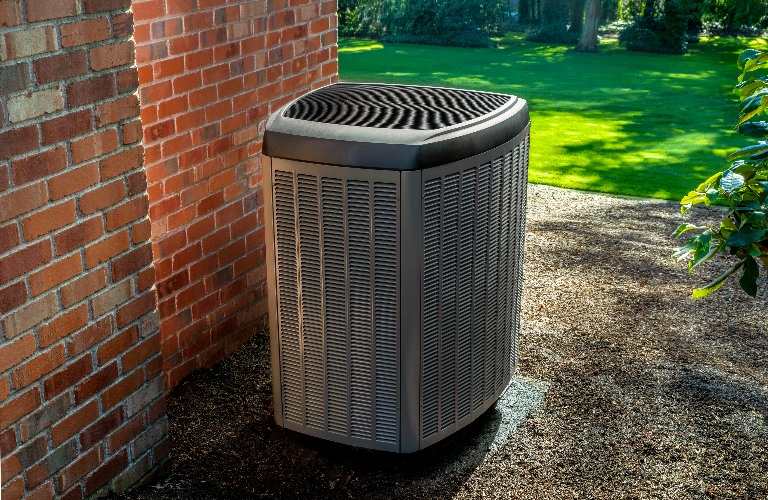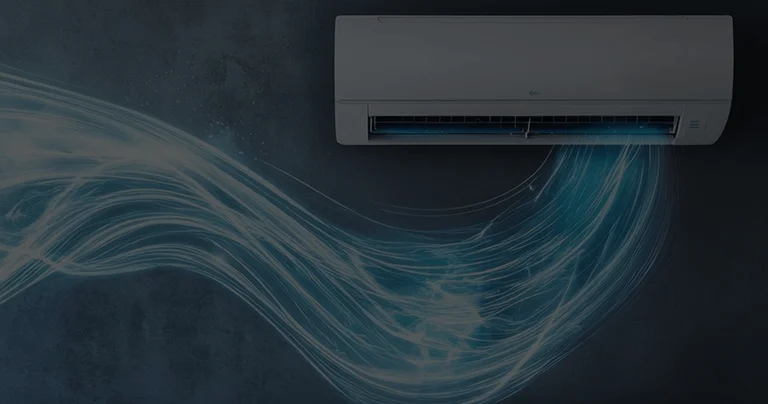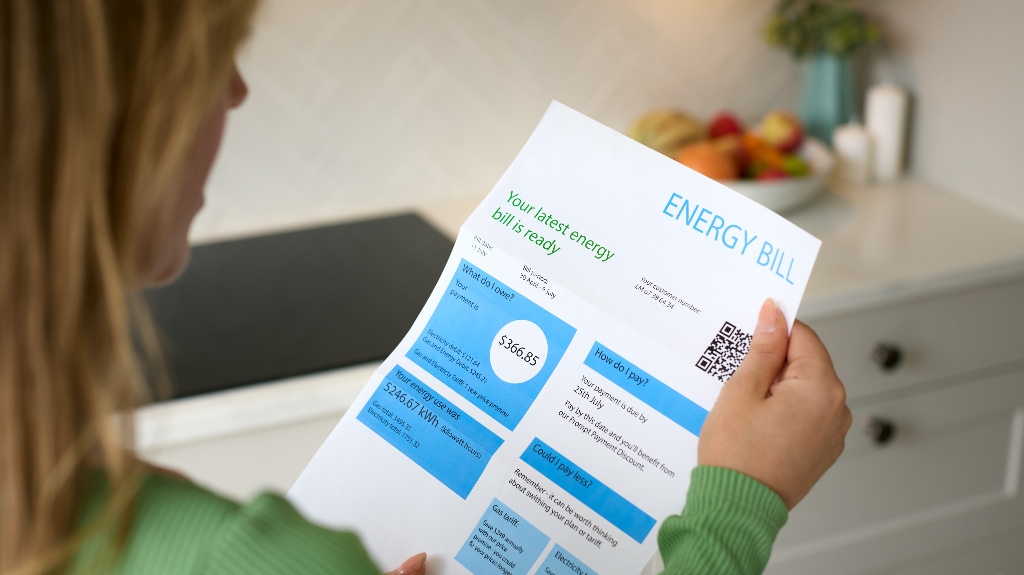Nearly 50 percent, a significant portion of a typical homeowners’ energy usage, is consumed by their HVAC, or heating, ventilation, and air conditioning system. In states like Connecticut where winters are cold and summers can be hot and humid, there’s little reprieve from heating and air conditioning bills. However, with some planning—and possibly a few system upgrades—those costs can be reduced.
An experienced HVAC consultant can evaluate your system and your home’s energy usage to suggest ways to reduce your costs.
Steps to Lower Energy Bills Through HVAC Efficiency
Consider all options when trying to lower your energy bills. Sometimes small steps can make a big difference. Start with EnergizeCT, a state agency that helps homeowners with energy assessments and rebates on appliances and HVAC components. Once you understand your options you can take action. This can include:
- Evaluate. Take immediate action on leaks and obvious areas of inefficiency. Energy assessment technicians from EnergizeCT can test your home, seal air leaks, install low-flow faucet and showerhead components, and wrap hot water pipes to reduce heat loss (all included in the assessment). Income eligibility may waive the $75 copayment and reimbursement is possible.
- Seal leaks. Evaluation of heat loss through and around existing windows and doors can be an eye-opener, as can heat loss through uninsulated ceilings. Making these improvements can save on heating and cooling costs over time.
- Maintain. Tuning your heating and air conditioning system regularly improves its efficiency. There are things you can do, like changing air filters, but getting the system maintained on a regular schedule by a technician and having ductwork tested and sealed will not only lower energy costs but also extend the system’s lifespan. Also remember to clean HVAC coils periodically and keep furniture, rugs, and personal items away from the registers so air flows evenly into your home.
- Upgrade. Appliances like older water heaters that run on your boiler system can be exchanged for newer ones that are more efficient electric models or compatible with a heat pump, lowering your costs.
- Track. Learn how an online energy use tracker can illuminate your power use, then show you ways to reduce it and save money. These may be available through your utility provider.
- Small steps. Replacing components of an old system can help, like installing a new, magnetic motor (ECM) boiler circulator pump. It can improve the efficiency of your existing system by adjusting its speed based on the demand for water in your heating system.
- Regulate. Install a smart thermostat to regulate your system precisely. This will prevent the burner cycling on when it’s not needed and can keep your home at preset day and nighttime temperatures for optimal comfort.
- Replace. If replacing your aging heating system, consider a ductless mini-split system that’s specifically designed for a cold-weather climate. These can be retrofit to older homes using conduit rather than installing extensive ductwork in the walls and are significantly more energy efficient to run.

Many upgrades and appliances are eligible for rebates and credits through a state initiative to reduce reliance on fossil fuels. Ask about ongoing programs and weigh the cost savings over time. It may make sense to upgrade your entire system rather than make piecemeal changes.
An upgraded HVAC system also contributes to the value of your home and lowers your carbon footprint.
How an HVAC Professional Can Help Assess Your Home Energy Needs
Understanding the energy efficiency ratings of different appliances and systems can be complex, so the help of a trained HVAC professional, like those at Unified Home Solutions, is priceless. They know Connecticut homes and which changes make the most impact on fuel use and energy bills.
Whether your aging heating system is ready for a complete replacement or you’re considering replacing individual appliances to improve cost efficiency, Unified Home Solutions can help. They will evaluate your situation, help make sense of EnergyStar ratings, and provide the best options for your budget.


